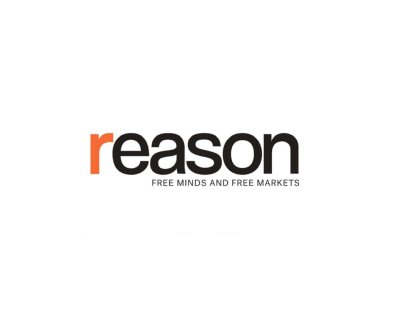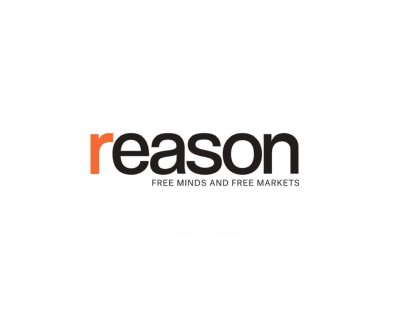Who Will I Vote for in 2024?
Before we begin, let me just establish my impeccable anarchist credentials: I don’t vote. I haven’t voted since I was a young, idealistic greenie and believed voting (for the obviously correct party) to be the sacred duty of all self-respecting citizens. I have an anarchist tattoo on my left thigh. Last time it was election day in the country of my birth — and the only jurisdiction where I’m allowed to vote — I didn’t even know about it until a family member mentioned it.
I’ve written for Mises before about how voters implicitly accept the rules of the game and therefore voting robs them of their (moral) right to complain (“If You Vote, You Have No Right to Complain”). I wrote that “If you really supported democracy, you’d be equally thrilled regardless of which side wins.” You participated in the ritual where choices about property and livelihood are made by majority rule (conditional on the how votes are carved in your country); you implicitly accepted the decision-making process by which the winner is thus the leader.
Ergo: no right to complain.
And I like complaining, and to remain somewhat detached from the partisan clown symphonies that are electoral cycles.
Now, if I could vote in America’s elections this year, I would first look up the polls or history for my state. No point doing violence on one’s morals unless there’s at least a fighting chance for impact.
If I’m not in one of the half-dozen states where the race is closest, the usual statistical-economical calculation sways me: If you like to do good in the world, go do something else: It’s OK not to play, and the real (i.e., non-digital, non-political) world matters more.
Only if you are in some of the states that poll-aggregation models (like those from Nate Silver) say are toss-up level close, would voting be conscionable. As a back-of-the-envelope calculation, I took voter registration numbers from this nice little resource (that unfortunately show voter registration numbers from two and four years ago; Ugh, whatever: these are ballpark figures, anyway) and multiplied them by the polling difference that the Silver Bulletin model showed at the time of writing (early October). I then weighted the implied vote count change with the electoral votes of each of these states as a share of their combined electoral votes (yes, yes, poor method… but again, I wasn’t going to replicate a full Nate Silver model here; bear with me). Out came the following:
Economists usually te
Article from LewRockwell

LewRockwell.com is a libertarian website that publishes articles, essays, and blog posts advocating for minimal government, free markets, and individual liberty. The site was founded by Lew Rockwell, an American libertarian political commentator, activist, and former congressional staffer. The website often features content that is critical of mainstream politics, state intervention, and foreign policy, among other topics. It is a platform frequently used to disseminate Austrian economics, a school of economic thought that is popular among some libertarians.




